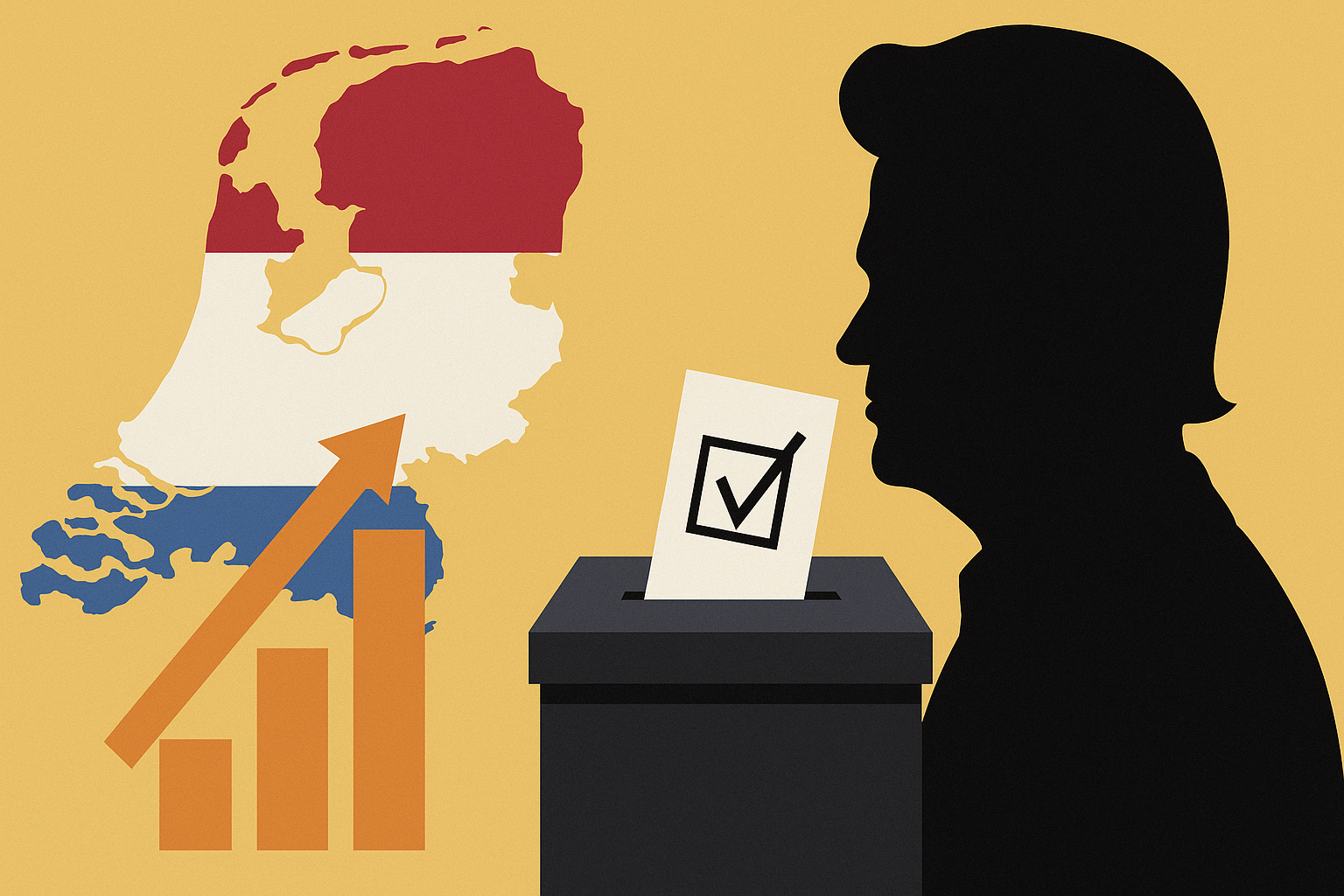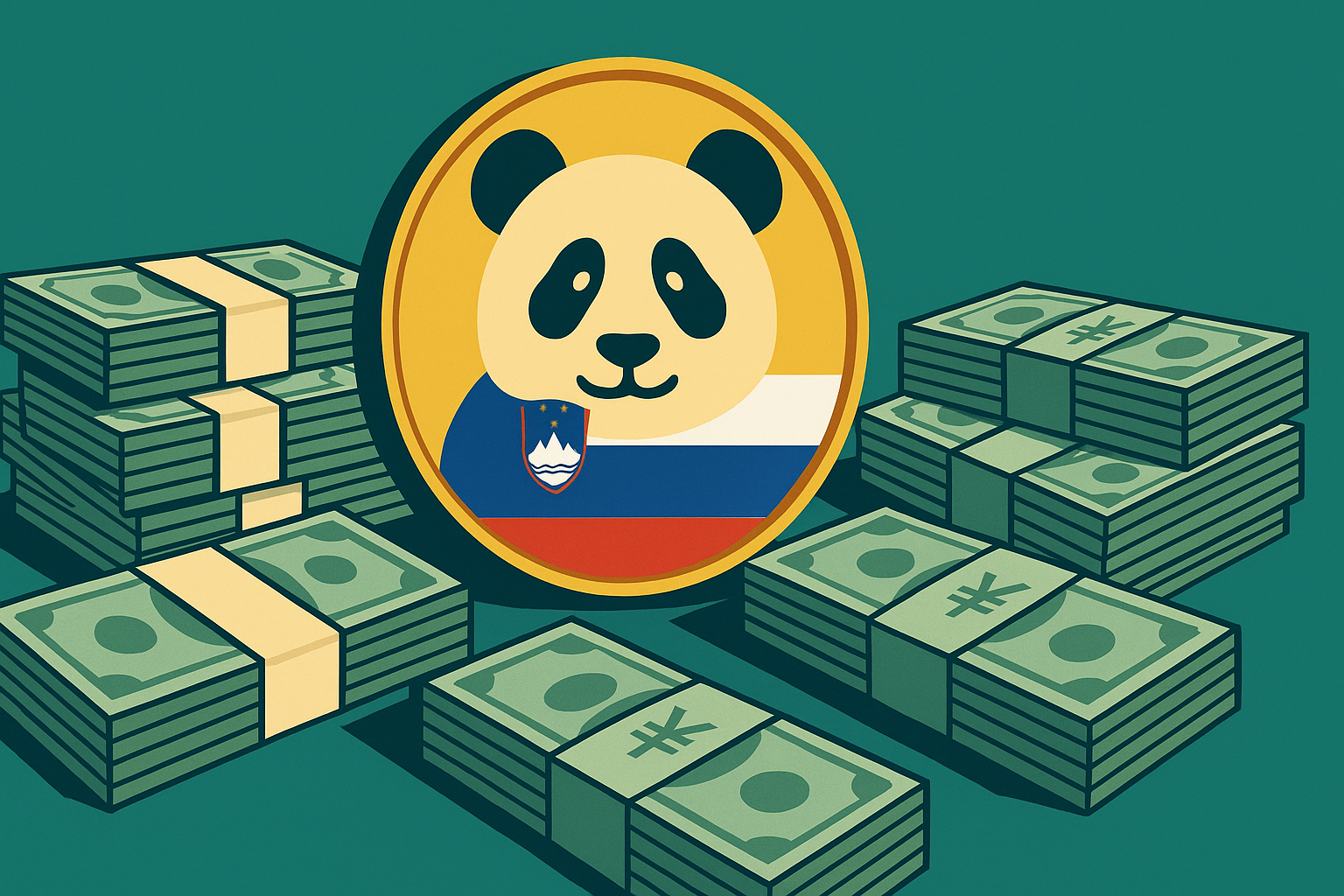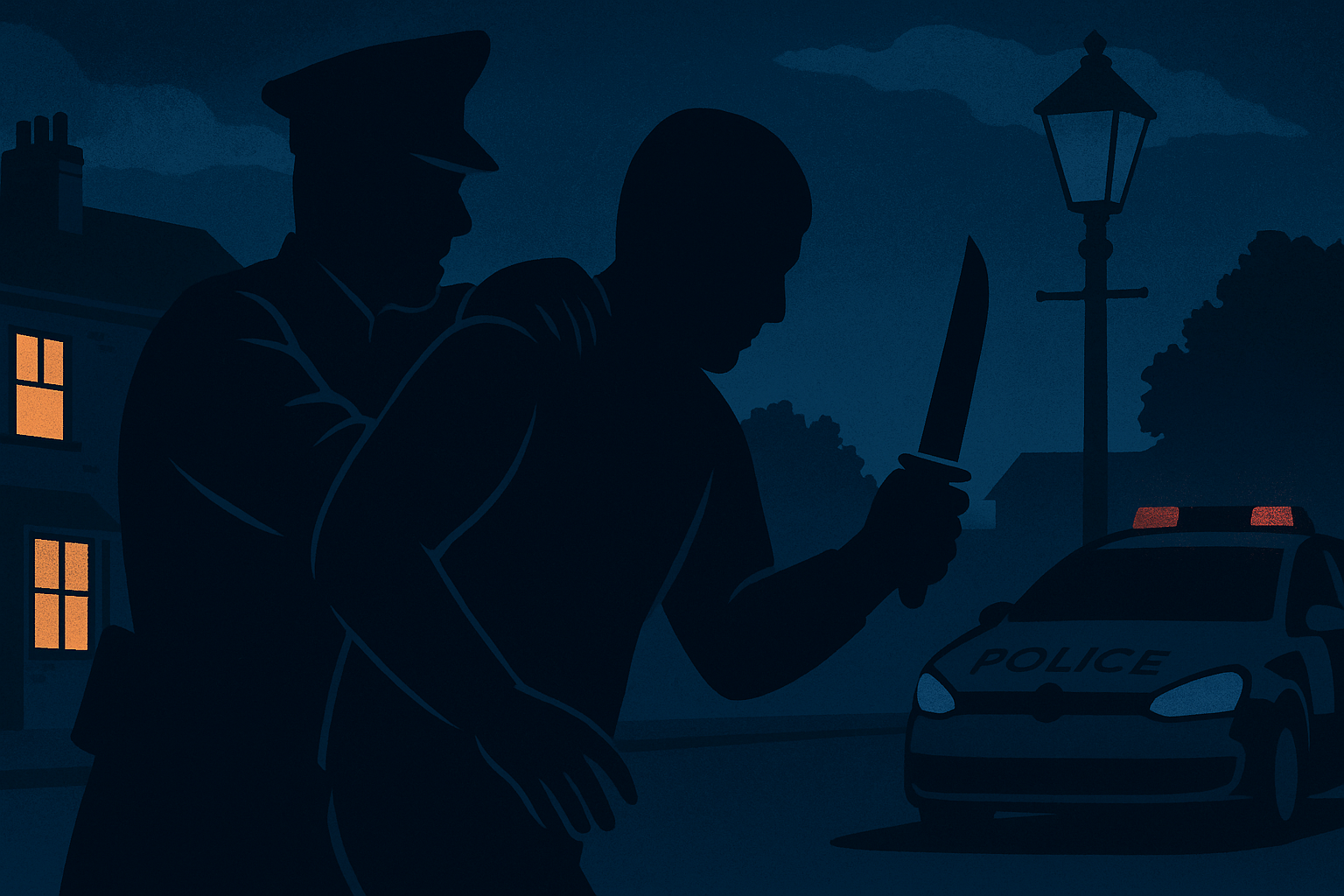Dutch voters head to the polls today in a closely watched general election that could see the far-right Freedom Party (PVV), led by Geert Wilders, win the largest share of votes. However, despite strong polling numbers, the PVV is expected to face near-total isolation in post-election coalition talks, leaving the path open for a centrist-led government to take power.
Background: Collapse of the Wilders Government
The election was called after the collapse of Wilders’ previous government in June, triggered by internal divisions over immigration policy. The breakdown came just two years after the last general election and has reignited debate across Europe about the ability of nationalist, anti-establishment parties to sustain stable governance.
Centrist parties across the continent are watching the Dutch vote closely, viewing the fall of the PVV-led coalition as evidence that far-right movements struggle to transition from protest politics to practical leadership.
Expected Outcome: A Symbolic Far-Right Victory
While polls indicate that the PVV will likely win the most seats, other major parties have ruled out forming a coalition with Wilders, making it nearly impossible for him to form a majority. The fragmented nature of the Dutch parliament means that coalition-building will be essential — and lengthy — with at least three or four parties likely required to secure a governing majority.
“The party that finishes second will probably lead the coalition negotiations,” said analysts, pointing to the Netherlands’ history of pragmatic, centrist alliances.
Centrist Battle for Second Place
Several moderate parties are competing fiercely for the number-two position, which could determine who ultimately leads the next government.
- Frans Timmermans, former European Commissioner and leader of the Labour–Green alliance, is pitching himself as the only viable path to a “progressive, stable” government. “We are the only guarantee of a left-wing and progressive cabinet,” he declared during his final campaign appearance.
- Henri Bontenbal, head of the Christian Democratic Appeal (CDA), has focused his campaign on restoring trust and stability. “The Netherlands is done with politicians such as Wilders who only shout and run away when things get tough,” Bontenbal said during a recent debate.
- The Liberal D66, led by former energy minister Rob Jetten, has also gained momentum in the final days of campaigning, buoyed by younger voters and urban professionals. The party has positioned itself as a centrist alternative committed to climate action and social reform.
A Divided but Moderate Future
Experts believe that regardless of the PVV’s strong performance, the next Dutch government is likely to be centrist in composition and tone.
“This is the Netherlands’ opportunity to bring back stability to the country,” said Armida van Rij, a senior research fellow at the Centre for European Reform. She noted that the previous administration had failed to address key domestic challenges such as housing shortages and cost-of-living pressures.
Coalition Challenges Ahead
With no party expected to win more than 25–30 percent of the vote, coalition negotiations could stretch for months. The outcome will determine not only the direction of Dutch politics but also signal whether the recent rise of far-right movements in Europe represents a lasting transformation — or a momentary surge that falters in the face of governance.
For now, one thing is clear: even if Geert Wilders’ PVV tops the polls, the far right’s path to power in the Netherlands remains blocked by a united centrist front determined to keep government firmly in the middle ground.








